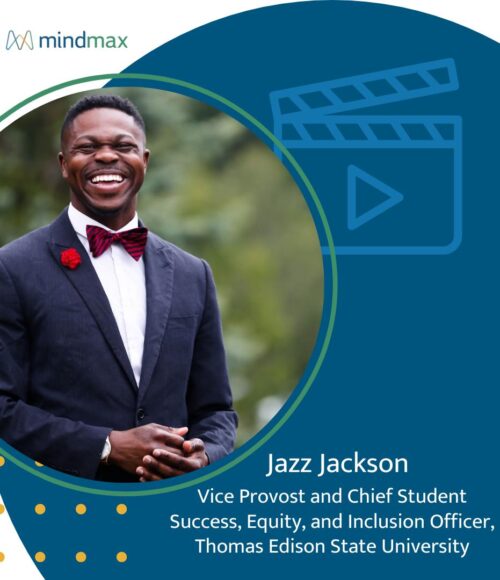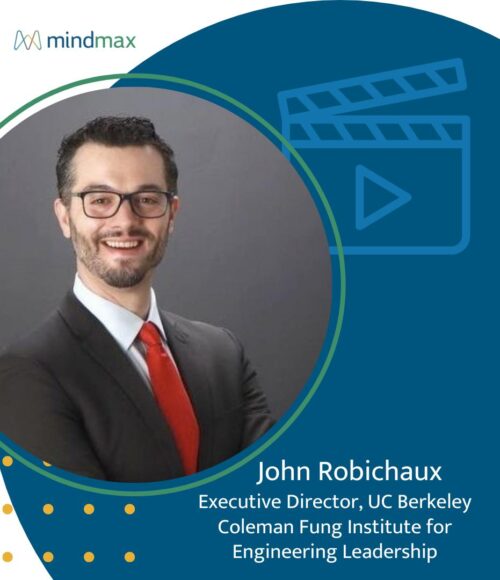You U: A DIY View of the University Experience
The premise that a college student needs to go to a physical place to learn and acquire a degree is no longer true. There are many benefits to attending a school on campus or even in residence. However, access to high-quality information and content is not exclusively the domain of brick and mortar colleges. This year U.S. News & World Report ranked over 1,200 online programs for its annual Rankings of Online Programs. That’s 20% more than were evaluated last year. Online is making headway, but degree programs whether online or on-campus may not represent the total picture of what a DIY University can be.
Learning is Everywhere
A savvy web searcher can access just-in-time information to accomplish a new task easily. One can also access a wide array of interesting and illuminating content delivered a variety of forms from text to streaming video to interactive lessons. Social media has made it possible for curious students to learn and explore topics 24/7 with others from all over the world.
These online capabilities pave the way for new ways to think about the near-term future for Higher Ed. You U is a great educational model for the inquisitive and motivated learner. Through this unbundling of the educational experience, students can link together stackable certificates from multiple institutions. They can take online courses for free and pay if they want them to count for credit. Employers have an increased acceptance of, and desire for, workers who can demonstrate true competence through the experience of learning and doing. All these trends will drive significant changes to our traditional view of a four-year bachelor’s degree.
Digital Dormitories and Other Learnings from MOOCs
MOOCs, those Massively Open Online Courses charged with being the savior of education and cast shortly thereafter as its downfall, have taught us all about the perceived value of new models and the barriers to change.
At the recent New York Times Schools of the Future event, Anant Agarwal, CEO of edX, and Daphne Koller of Coursera provided some key takeaways from the MOOC movement.
- While technology has completely transformed everything else we do, how can something as fundamental as education not be changed by technology?
- MOOCs are no longer seen as a purely online phenomenon. More and more teachers and institutions are bringing MOOCs into the classroom, resulting in a model of blended learning that many say is more effective than an either all in-class or pure online approach.
- One great benefit of online learning is the ability to provide immediate feedback. This adds an element of gamification to learning that young students in particular appreciate.
- Teachers like the crowdsourcing nature of peer feedback not only for the scalability but because of the pedagogical benefits of students learning through the process of evaluating others.
Agarwal shared a vision for what he called “Digital Dormitories,” a new industry in which teachers and local tutors in developing economies would work together with students watching MOOCs to provide them with the support they need to learn. Koller agreed that learning outcomes and completion rates are higher in this type of scenario, “learning camps” in her parlance, where teachers do more than simply lecture and students are more actively engaged.
The speakers described these offerings as part of an ecosystem of providers, with multiple ways of offering valuable educational experiences.
Value Beyond a Diploma
Diplomas from prestigious institutions will probably always have value. However, workers who can demonstrate skill and knowledge through a wide variety of experiences with both educational and work experiences will be highly competitive in the employment market. Those who show initiative in seeking out and getting the skills and credentials needed for their next job will position themselves to both get the jobs and do well in the role.
DIY University is closer than we think. Almost every leading university is providing some kind of MOOC and many are exploring giving credit for those courses. Many degree programs have certificate programs that are a subset of the degree program. Kaplan, Western Governors, Capella, and others are all trying to expand the acceptance of work/life experience and competency for college credit. Many of the building blocks already exist for individuals to chart their own course to achieve a degree, or the competency required, for specific jobs. It is becoming easier to create one’s own program with support and choices offered by both formal providers of higher education and newer players outside of it.
Over the next several years, we should see increasing acceptance of these individually crafted programs as well as easier pathways to achieve them.
Related Ideas
Jazz Jackson Wants to Help Every Student Finish What They Start

John Robichaux Wants Lifelong Learning to Drive Public Impact
